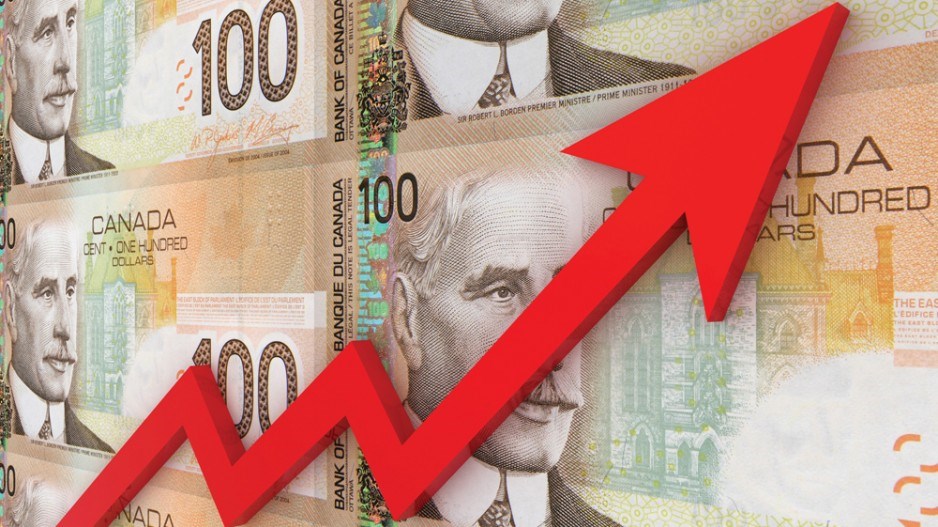Consumer prices on the West Coast dropped by 0.1 per cent last month, as the province’s inflation rate cooled to 2.6 per cent.
Despite the decline, Tuesday’s Statistics Canada data reveals B.C. has the highest rate of inflation among all provinces.
The national rate hit 1.8 per cent in December, as Canadians more broadly saw consumer prices drop 0.4 per cent.
Only Alberta saw its annual inflation rate (2.5 per cent) in the same ball park as B.C., while growth in consumer prices in other big provinces like Ontario (1.7 per cent) and Quebec (1.6 per cent) was notably lower.
“There were a lot of moving parts in the month, but the biggest was the sales tax holiday (took effect Dec. 14), which carved certain items heavily,” BMO chief economist Douglas Porter said in a note.
Statistics Canada’s consumer price index report said restaurant food purchases, and alcohol bought from stores contributed the most to the deceleration on the national level.
The federal government introduced a temporary pause on taxes to those items last month, along with tobacco and cannabis products, clothing, and some toys, among others.
Without the tax break, Statistics Canada said the annual inflation rate would have risen to 2.3 per cent.
Growth in grocery prices also decelerated from the prior month, falling to 1.9 per cent year-over-year, from 2.6 per cent in November. Gas price inflation remained elevated at 3.5 per cent year-over-year.
Shelter costs ticked down slightly in December to 4.5 per cent, though remain elevated, while rent prices were also down year-over-year in December, falling to 7.1 per cent.
“The headline dip in inflation was clearly flattered by the GST holiday, which will help again in next month's reading for January ... but then reverse over the next two months,” Porter said, adding the nation still faces the spectre of potential tariffs that U.S. President Donald Trump suggested could go into effect Feb. 1.
Porter forecasts the Bank of Canada will cut its key rate next week for “risk-management purposes.”
TD senior economist Leslie Preston said in a note the potential for American tariffs creates a “very challenging backdrop for Canada's economy.”
She predicts the central bank will trim its key rate a quarter point next week.
—With files from the Canadian Press



